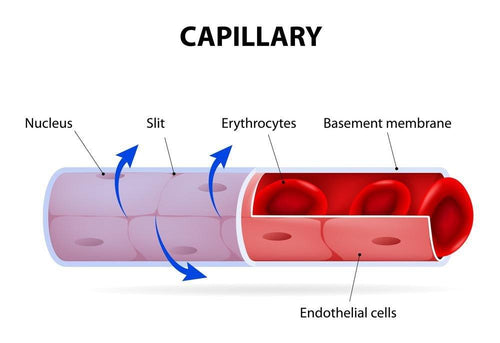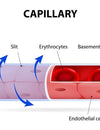 Fat from butter and cheese is mainly saturated fat. We used to be warned about saturated fat and it was recommended to reduce the intake of saturated fat because it increased the risk
Fat from butter and cheese is mainly saturated fat. We used to be warned about saturated fat and it was recommended to reduce the intake of saturated fat because it increased the risk
of cardiovascular disease. Now many are recommending to eat saturated fat claiming it is healthy, and that it will not increase cardiovascular risk.
So what does the science say?
When 43,652 men and 87907 women and another 90675 women were followed for several years, a total of 5,158,337 person-years of follow-up, this was the results (Chen M, et.al., 2016).
The replacement of 5% of energy intake from dairy fat with an equivalent energy intake from polyunsaturated fat was associated with 24% reduction in cardiovascular risk. You find polyunsaturated fat in some fish like salmon, nuts, seeds and vegetables.
Are all saturated fats producing the same results? This is the results when extra virgin coconut oil, extra virgin olive oil and unsalted butter were compared (Khaw KT, et.al., 2018).
LDL cholesterol was significantly increased on butter compared with coconut oil and olive oil. LDL is the harmful lipoprotein and is associated with increase cardiovascular risk.
It’s interesting while coconut oil is a source of saturated fat, it did not increase LDL like butter. The coconut oil needs to be processed in such a way that the nutrients are still intact because there is other research showing it may increase LDL.
References
Chen M, Li Y, Sun Q, Pan A, Manson JE, Rexrode KM, Willett WC, Rimm EB, Hu FB.Dairy fat and risk of cardiovascular disease in 3 cohorts of US adults.Am J Clin Nov;104(5):1 209-1217. Nutr.2016 Nov;104(5):1209-1217.
Khaw KT, Sharp SJ, Finikarides L, Afzal I, Lentjes M, Luben R, Forouhi NG.Randomised trial of coconut oil, olive oil or butter on blood lipids and other cardiovascular risk factors in healthy men and women.BMJ Open. 2018 Mar 6;8(3):e020167
. 
Based on the most effective scientific strategies, this program was created to help you reduce inflammation and feel great. Read more… "





